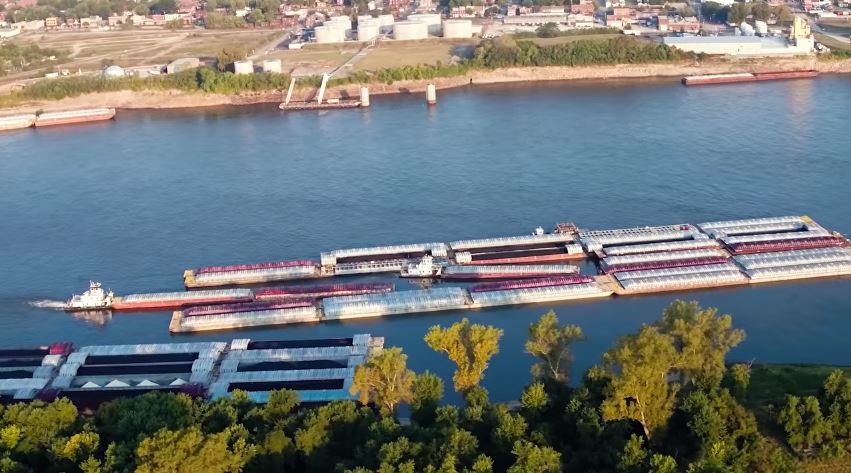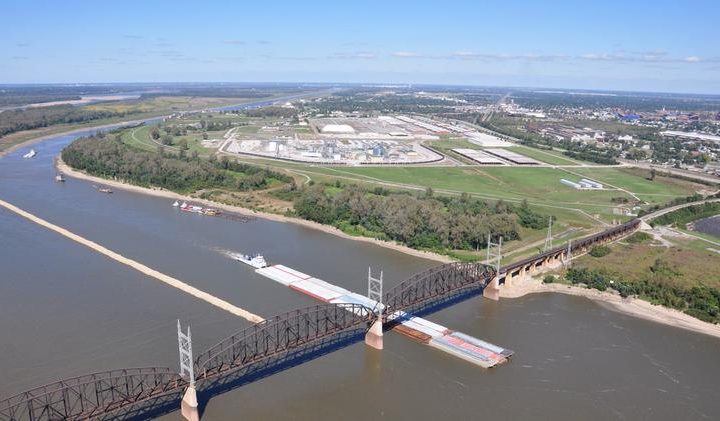
This story was originally published in the American Journal of Transportation on August 5, 2019.
“St. Louis, MO – Businesses that transport or handle commodities on the Illinois Waterway system are about the feel the first impact of the scheduled closure of locks on that inland waterway system. From Sept. 21 – Oct. 5, 2019, the U.S. Army Corps of Engineers has planned the full closure of two lock and dams in Illinois—the Starved Rock Lock & Dam in Ottawa, and the Marseilles Lock and Dam in Marseilles. Closures of 90 to 120 days are expected for multiple locks in the summers of 2020 and 2023. While shippers have been encouraged to either find alternate routes for the millions of tons of commodities that typically move along the Illinois River during these time periods, or to concentrate on shipping outside of the closure windows, this initial closure will provide the first insight into what alternatives are being pursuing and whether the Mississippi River, which flows through the St. Louis metropolitan region, is one of them. Regional freight leaders anticipate the St. Louis region could see an increase of commodities rerouted through its world-class freight network, which is home to the nation’s most efficient inland waterway port and provides minimal rail congestion and quick truck-turns.
Six of the eight locks on the Illinois Waterway system are scheduled to undergo major infrastructure repairs, in order to sustain a navigable connection between Lake Michigan and the Mississippi River, just north of St. Louis, Missouri. Through cooperation with the navigation industry and Illinois Waterway system stakeholders, the U.S. Army Corps of Engineers Rock Island District has developed plans for the simultaneous closure of multiple locks that will provide time for much needed critical repairs and maintenance, while reducing impacts to navigation. Impacts can further be reduced if barge lines, shippers and business owners along the waterway leverage the key learnings from the limited closures starting this September and make advance plans for the longer closures coming…”
Read More



